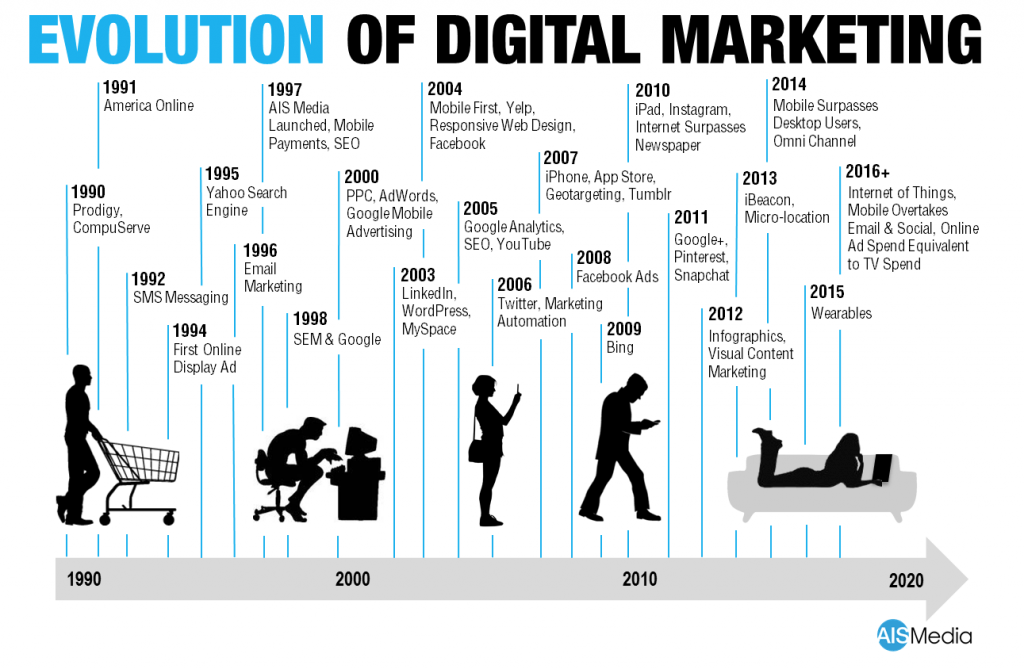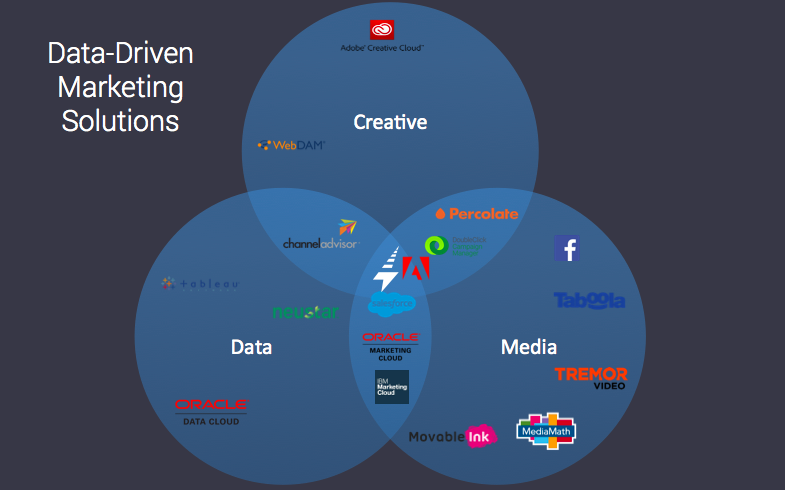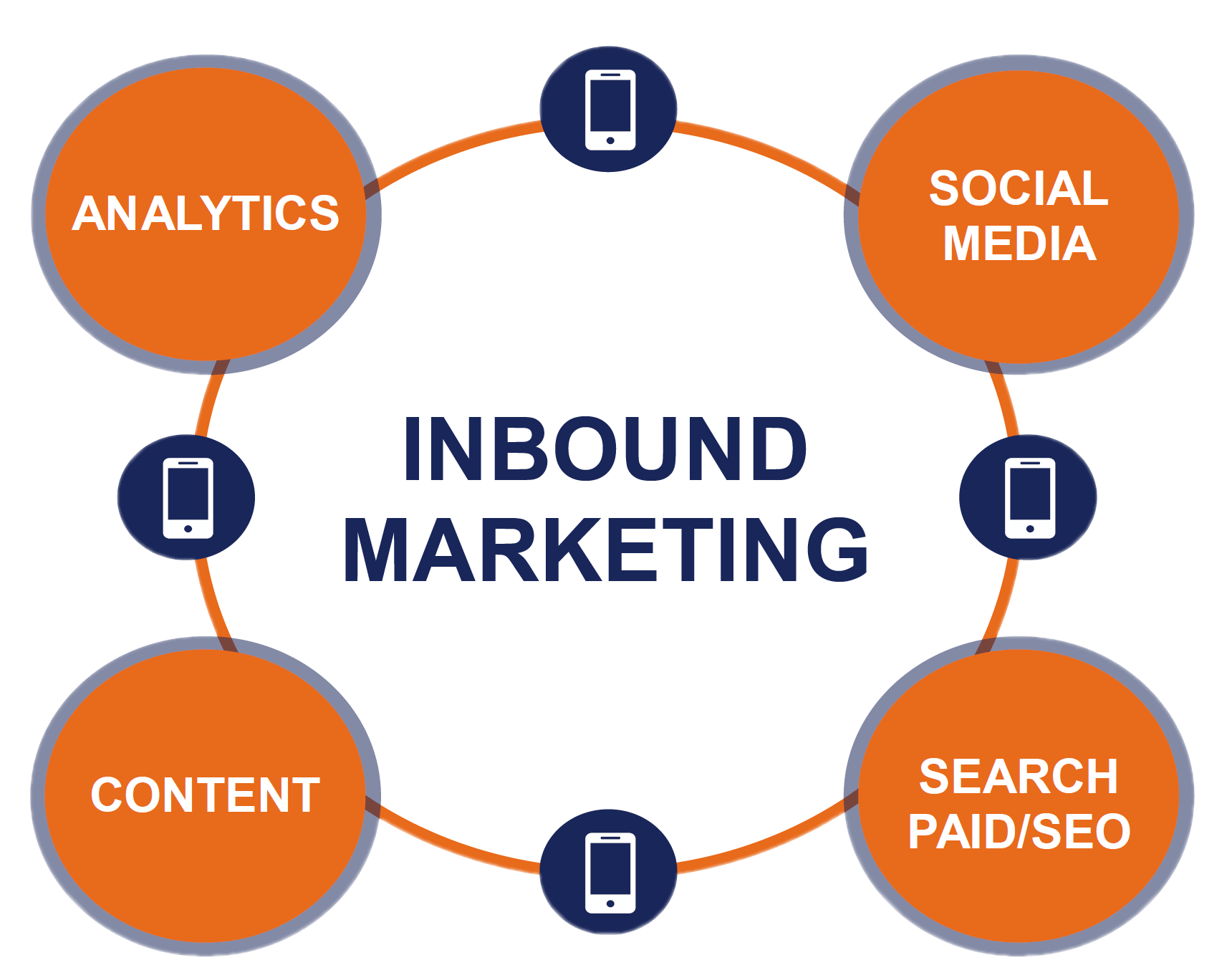The evolution of marketing management spans centuries, reflecting changes in technology, consumer behavior, and business practices. From its origins in ancient trade to the digital age of today, marketing management has undergone significant transformations.

Early Trade and Barter: The earliest forms of marketing management can be traced back to ancient civilizations where trade and barter were common practices. Merchants used rudimentary marketing techniques such as word-of-mouth communication, market stalls, and product demonstrations to attract customers and facilitate transactions.
Industrial Revolution: The Industrial Revolution marked a significant turning point in the history of marketing management. With the rise of mass production and urbanization, businesses began to adopt more systematic approaches to marketing. The focus shifted from individual transactions to mass marketing, with companies leveraging print media, such as newspapers and magazines, to reach wider audiences.
Emergence of Marketing Departments: In the early 20th century, businesses started to establish dedicated marketing departments to oversee advertising, sales, and distribution activities. This period saw the emergence of marketing pioneers such as Edward Bernays and Claude Hopkins, who introduced innovative marketing techniques, including market research and psychological persuasion.


Marketing Mix Concept: In the 1950s, marketing management underwent a paradigm shift with the introduction of the marketing mix concept by Neil Borden and later popularized by E. Jerome McCarthy. The marketing mix, comprised of the 4Ps (Product, Price, Place, Promotion), became the cornerstone of modern marketing strategy, providing a framework for businesses to plan and execute their marketing activities.

Segmentation and Targeting: During the latter half of the 20th century, marketers began to recognize the importance of market segmentation and targeting. Rather than adopting a one-size-fits-all approach, businesses started to tailor their marketing efforts to specific consumer segments based on demographics, psychographics, and behavioral attributes.

Relationship Marketing: In the late 20th and early 21st centuries, there was a growing emphasis on relationship marketing and customer relationship management (CRM). Businesses recognized the value of building long-term relationships with customers through personalized interactions, loyalty programs, and customer feedback mechanisms.
Digital Revolution: The advent of the internet and digital technologies revolutionized marketing management in the late 20th century. The rise of e-commerce, social media, search engines, and mobile devices transformed how businesses interact with customers, gather data, and deliver personalized experiences. Digital marketing techniques such as search engine optimization (SEO), social media marketing, and content marketing became integral parts of marketing strategies.

Data-Driven Marketing: With the proliferation of data analytics tools and technologies, marketing management has become increasingly data-driven. Businesses now have access to vast amounts of customer data, allowing them to track consumer behavior, measure campaign performance, and make data-driven decisions to optimize marketing efforts.

Inbound Marketing: In recent years, there has been a shift towards inbound marketing strategies that focus on attracting and engaging customers through valuable content and experiences. Rather than interrupting consumers with traditional advertising, inbound marketing seeks to provide relevant and helpful information that addresses customer needs and interests.


Emergence of AI and Automation: The latest trend shaping marketing management is the integration of artificial intelligence (AI) and automation into marketing processes. AI-powered tools and machine learning algorithms enable businesses to automate repetitive tasks, personalize marketing messages, and predict customer behavior with greater accuracy.

In conclusion, the evolution of marketing management has been characterized by continuous innovation and adaptation to changing market dynamics. From traditional approaches rooted in print media and mass marketing to contemporary practices driven by digital technologies and data analytics, marketing management has evolved into a sophisticated discipline that plays a pivotal role in driving business success in the modern era.
Comments
Post a Comment